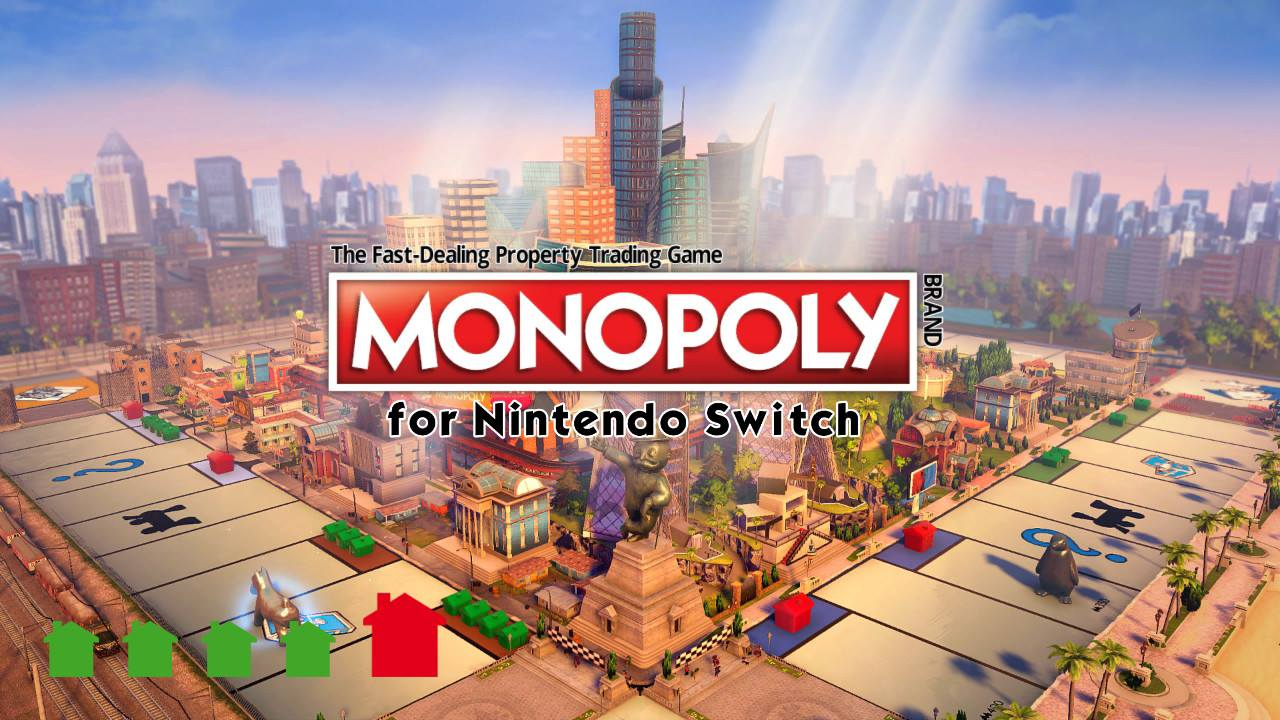
It was called the Landowner’s Game, and it consisted of a rectangular board with nine spaces on each side, along with corners for the Poor House, Public Park and Jail, where you would get sent if you landed on the “Go to Jail” square.

Magie’s game, which she patented in 1904, sought to spread George’s ideas about the injustices of a system that allowed landowners to grow increasingly rich off their holdings, while the working classes poured their money into rent. She subscribed to the principles of Henry George, an American economist who believed that “individuals should own 100 percent of what they made or created, but that everything found in nature, particularly land, should belong to everyone,” Pilon wrote in the New York Times in 2015. Ironically, the game that Magie invented was anti-monopolist in sentiment. Darrow became fabulously wealthy, while Magie, who sold her patent to Parker Brothers for a mere $500, was largely forgotten. In fact, Charles Darrow, the man widely credited with inventing Monopoly, copied Magie’s idea and sold it to Parker Brothers, which later became a Hasbro brand, Mary Pilon, author of The Monopolists : Obsession, Fury, and the Scandal Behind the World’s Favorite Board Game, explained in a 2017 Smithsonian article. chocolate chip cookies, solar heating and modern shapewear.”īut as Antonia Noori Farzan of the Washington Post reports, critics have been quick to point out that the game does not acknowledge Lizzie Magie, who, at the turn of the 20th century, created the game upon which Monopoly was based. Instead of investing in real estate properties, players sink their money into inventions created by women, like “WiFi.

“It’s giving the topic some relevancy to everyone playing it that everybody gets a turn, and this time women get an advantage at the start.”Īt the start of the game, female players get more money from the banker than guys-$1,900 versus $1,500-and also collect $240 each time they pass go, rather than the usual $200. “With all of the things surrounding female empowerment, it felt right to bring this to Monopoly in a fresh new way,” Jen Boswinkel, senior director of global brand strategy and marketing for Hasbro Gaming, tells Kelly Tyko of USA Today. On Tuesday, Hasbro announced the launch of game, which seeks to both spotlight women’s innovations and call attention to the gender wage gap. Monopoly,” a new version of the iconic board game that, according to the company, “celebrates women trailblazers," R ich Uncle Pennybags has been booted, replaced by his niece, a young woman wearing a blazer and holding a cup of coffee (ready for a round of seed funding, presumably).


 0 kommentar(er)
0 kommentar(er)
